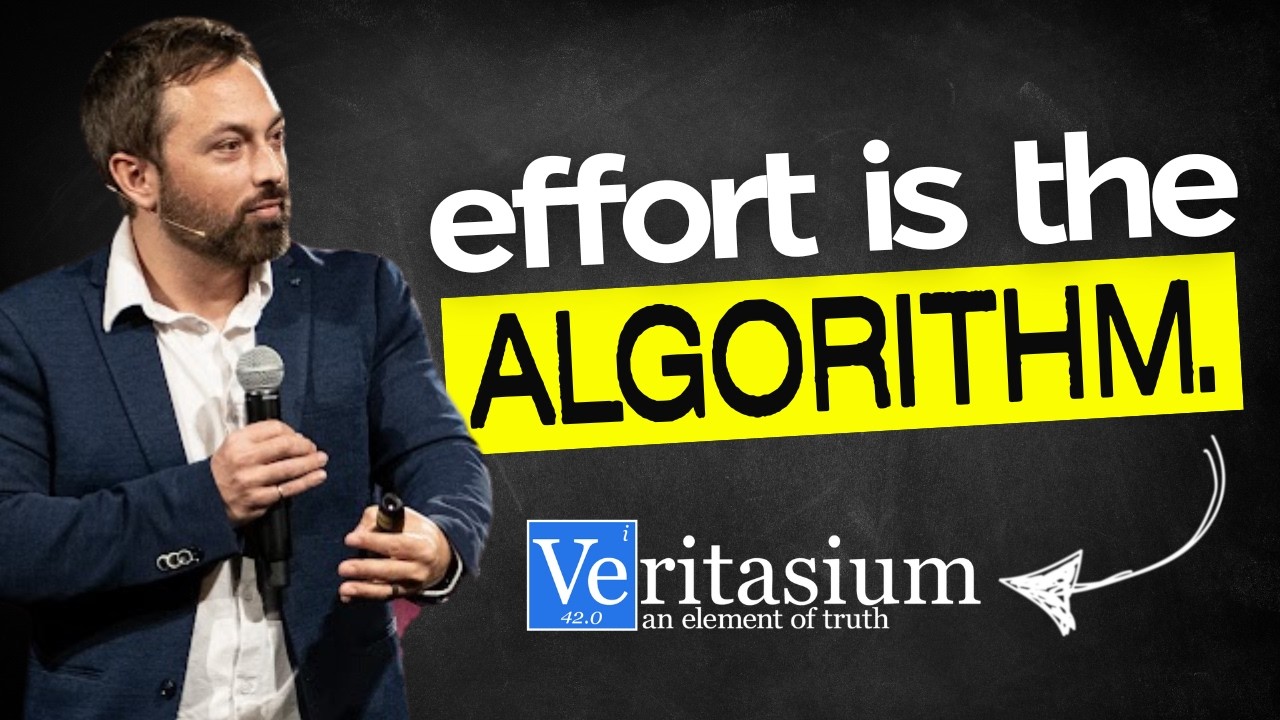In the video, Derek Muller from Veritasium discusses the limitations of AI in revolutionizing education, emphasizing that the core issues in learning often stem from the structure and delivery of education rather than the tools used. He highlights the importance of personal connections in teaching and warns that reliance on AI could hinder critical thinking and problem-solving skills, advocating for a balanced approach that maintains the human element in education.
In the video, Derek Muller from Veritasium discusses the intersection of artificial intelligence (AI) and education, emphasizing the need to understand how education functions before considering AI’s role. He reflects on the rapid advancements in AI, showcasing an AI tutor that demonstrates impressive capabilities in teaching concepts like geometry. However, he questions whether AI will truly revolutionize education, noting that complaints about the education system have persisted for over a century, with various technologies promising to transform learning but ultimately failing to deliver significant change.
Muller highlights historical examples of educational technologies, such as motion pictures, radio, and computers, which were all expected to revolutionize education but did not lead to substantial improvements in learning outcomes. He argues that the expectation of a revolution in education is misguided, as the core issues often lie in the structure and delivery of education rather than the tools used. He emphasizes that education is fundamentally a social activity, reliant on personal connections between teachers and students, which technology alone cannot replicate.
The speaker introduces the concept of cognitive load, explaining how our brains process information through two systems: the fast, intuitive System 1 and the slow, analytical System 2. He illustrates how these systems interact during learning and problem-solving, emphasizing the importance of reducing extraneous cognitive load to enhance learning. Muller argues that effective education should focus on building long-term memory through effortful practice, allowing System 1 to handle tasks automatically over time.
Muller expresses concern about the potential negative impact of AI on learning, particularly regarding the ease with which students can access information without engaging in the effortful practice necessary for mastery. He worries that reliance on AI tools could hinder the development of critical thinking and problem-solving skills, as students may bypass the challenging process of learning. He advocates for a balanced approach, where AI serves as a supportive tool rather than a crutch that diminishes the learning experience.
In conclusion, Muller emphasizes the importance of maintaining the human element in education, arguing that personal connections and social interactions are crucial for effective learning. He suggests that while AI can provide valuable feedback and support, it should not replace the fundamental aspects of teaching that foster engagement and accountability. Ultimately, he calls for a reevaluation of educational practices to ensure that students develop the skills and knowledge necessary to thrive in an increasingly complex world.
